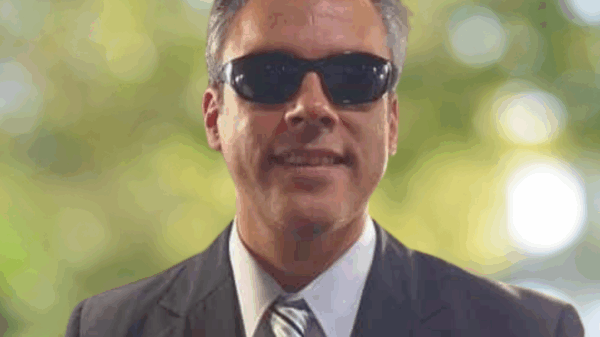En el marco del Programa de Innovadores Locales de RIL, una “Red de Cambio” es un encuentro entre personas y organizaciones de una ciudad con un objetivo común: abordar problemas desde la colaboración. Al combinar recursos y esfuerzos, esta sinergia logra resultados de alto impacto.
In Córdoba, Argentina, Horacio Ferreyra and Alicia Olmos representatives of the local government; Mariela Basos, Mariana Pérez, Daniela Leiva and Alejandra Arévalo, members of the municipal team; Gonzalo Nanzer, social entrepreneur, and Ángeles Karaman and César Olmos, communicators, created a Network of Change that addressed the challenge of finding a solution to the lack of inclusion in digital education, especially in children and adolescents with disabilities.
At its first meeting, the vice mayor Daniel Passerini and the secretary of education Horacio Ferreira were present, as well as school directors, integrative teachers, and students with disabilities and their families. This collaboration brought together diverse perspectives and experiences to shape the initiative of integration and accessibility of digital education and the problem of barriers that appear in cases of people with certain disabilities.
“We are part of something in pursuit of something greater, which is the accessibility of children to digital education,” commented Cesar Olmos, one of the promoters of the project.
The team took the PIL one step further by bringing prototypes of their initiative to a municipal school science fair: devices that promote accessibility in digital education. The team tested the use of the devices with people with different disabilities, since they can be adapted and programmed according to the needs of each student. From this survey, the team will prepare “Accessibility bags”: a set of devices that seek to provide a personalized response to the needs of each person and institution (each school will have its own suitcase).
“The prototypes are not watertight, but on the contrary, they will have dynamism according to the needs of each child in the school. They will be subject to modifications and possible adjustments to guarantee the right of boys and girls to digital education,” commented Cesar Olmos.
With a systemic and collaborative view, the Córdoba team is seeking to impact with its initiative the entire family and community environment of students with disabilities. Teachers will have continuous training to appropriate the use of the equipment and, in turn, the team is working to ensure that the devices are sustainable, that is, made with recycled materials.
Finally, days will be held to present and use accessible bags in the educational community, inviting families of students with disabilities so that they can get involved in the knowledge and responsible use of the devices.
